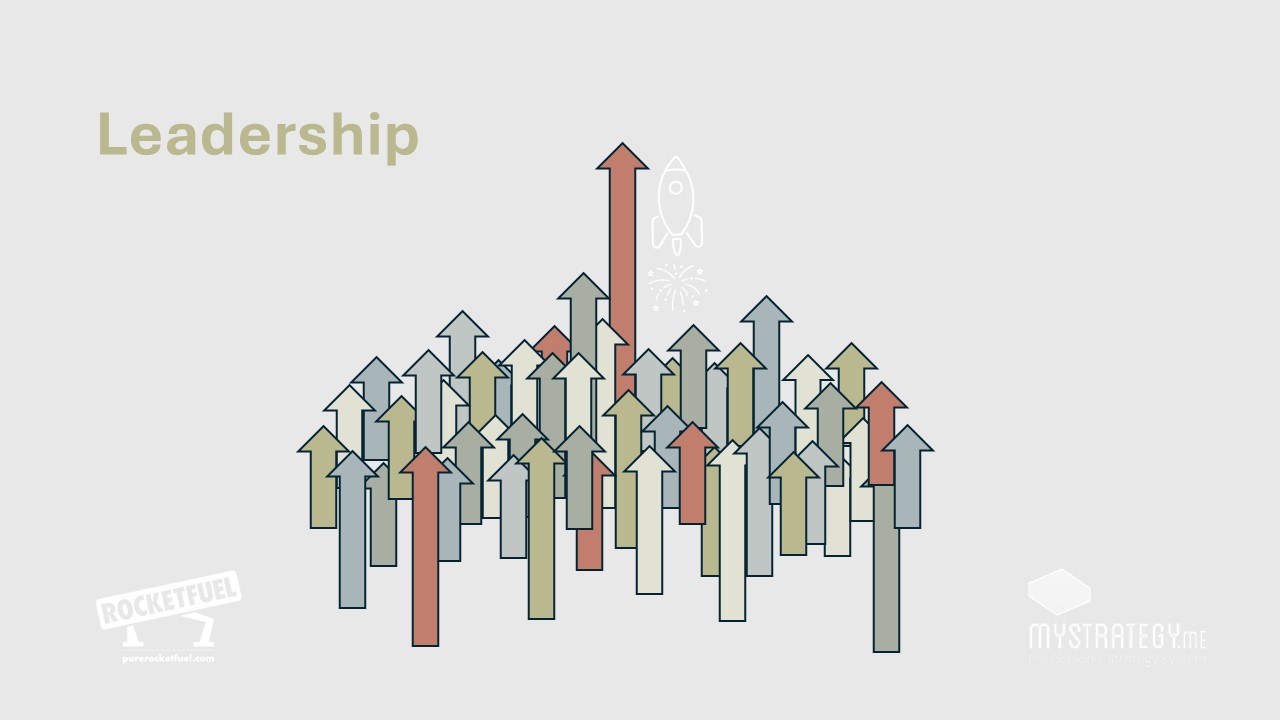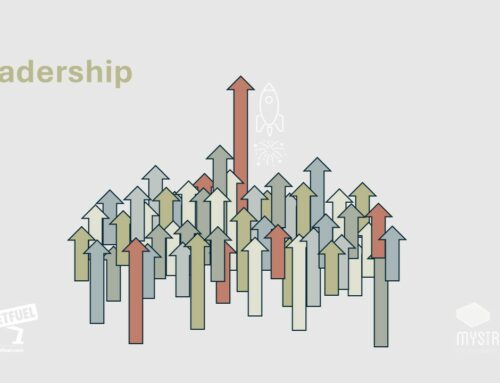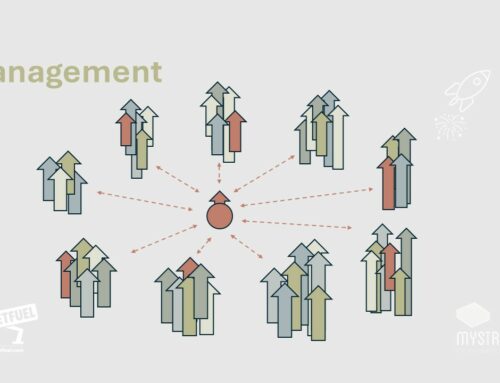
Do you always own, and take pride in, your own actions and avoid herd instinct, asks Davina Greene.
Sometimes we do things that hurt our own development and diminish our sense of authenticity, and often we’re entirely oblivious to it. On the other hand, at times we’re actually quite happy to let others take the lead and exercise our own brains – and principles – a little less than we perhaps should. Occasionally, this is fine; increasingly, though, I find myself in conversation with people who feel a mismatch between their thoughts and actions – a self-created Values-clash, so to speak. Why might this happen?
To a degree, it’s the Herd Instinct.
The Herd Instinct: The Great Leadership Averter
The herd instinct can cause you to act as a ‘follower’ in life – or parts thereof – rather than engaging in an ongoing process of self-awareness, personal strategy, and personally selected actions and experiences that could be said to constitute leadership. Collective cohesion takes priority over independent thinking (the politicians who hire cheering actors for their crowds know this, for sure).
It’s a bit less active than peer pressure, but the logic is quite similar – more so than someone trying to convince you to be one of the gang, you pretty much convince yourself, and it can happen in a subconscious millisecond. You want something, you see a route to it that wouldn’t particularly be your first choice on any other day but, hey, everyone else is doing it, so….let’s go!
Fear of ridicule or failure, shyness, lack of curiosity or vision, or simply even the need to feel like they belong, may cause a person to ‘go along’ with the thoughts and actions of others, to adhere to the crowd. I’d imagine all of us would be hard pressed to deny we’d ever participated. A group of colleagues sits together in a bar, a subgroup decides a particular Manager is deserving of some nasty treatment, starting next week…and the rest of the gang either joins in vigorously, or pleasantly nods along. Some people in your community endlessly drop litter…you give up and join in. A culture permits men to mistreat their wives…so the next guy feels permission to join in, even if something in the back of his head tells him it feels a bit wrong.
Sometimes, the herd mentality becomes newsworthy. A small group smashes windows and starts to loot, then others join in. In recent times, we saw people complain en masse about increasing house prices – and yet they all bought houses, afraid of being left behind, not ‘on the ladder’. Personal opinion and individual circumstances were pushed to the background in an attempt to keep up with the societal group, personal responsibility pushed aside in favor of joining others in the hope for some (in this case, longer-term) perceived benefit for all.
Why Herd Instinct Takes Hold
Freud himself noted that groups or crowds tend to return to a common denominator of the most basic, simplistic emotions, rather than the complex emotions of which individuals are actually capable and which require deeper consideration than a group can offer. In short, this shouldn’t be shocking to us, and perhaps we should know a little better by now – perhaps, we should have built some more active awareness and resistance into our day-to-day. However, by our very nature, we don’t like confrontation and don’t want to be the one who is excluded from the gang. Also, we’re a bit tired.
Nobody in the herd is going to stop you being there, because you’re essentially there as an additional headcount to validate the herd instinct; so, solving this one is, most likely, up to you. If you feel you are susceptible to the Herd Instinct, check in with yourself monthly to ask “Am I doing what I should be doing? Am I giving the right impression? Have I unwittingly ‘joined a gang’ of some kind?”. If any of your own actions ultimately pain you upon reflection, if you think that what people are seeing of you isn’t necessarily the real you, why not carry out a bit of an adjustment? Self-awareness and Self-knowledge will combine, as always, to save the day.
Key Points
How important is Self-Drive to you? Important enough to overwhelm a tendency towards herd instinct?
How often do you nod along and agree with someone, or a group, when you don’t really mean it? How serious an issue are you ‘supporting’, in those circumstances?
When you ‘politely agree’, does it ever result in you going off-track yourself?
Some ‘going along’ with others is natural and expected. Decisions and arguments take energy we don’t have all the time.
A robust Personal Strategy process can help you overcome any such pattern.
Interested in investing in your own personal – and personal strategy – development? Check out www.MyStrategy.me!
Share This!
About the Author




